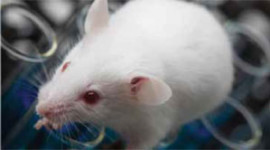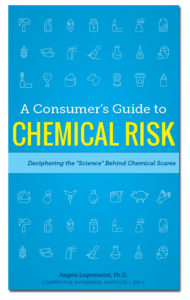 “European Food Safety Assessment Proves Nothing about Risks to Bees,” By Angela Logomasini, Ph.D.
“European Food Safety Assessment Proves Nothing about Risks to Bees,” By Angela Logomasini, Ph.D.
As European Union (EU) risk assessments purportedly “confirm” that systemic pesticides threaten honeybees and lawmakers quickly clamor for pesticide bans, the stark reality is that so far in this process, political concerns have been trumping science. In fact, politics has prevented scientists from considering the bigger picture, and, as a result, both bees and the world’s food supply will suffer.
At issue is a class of pesticides known as neonicotinoids (also referred to as neonics) and whether they pose an unreasonable risk to bee species, including both commercially farmed honeybees as well as wild bees. Neonics are “systemic,”—plants absorb the pesticide and kill insects that eat the plants. This systemic approach actually limits the need for farmers to spray pesticides into the environment, reducing the impact to non-target insects, such as bees that take nectar and pollen but do not eat plant leaves. Neonics can be sprayed on plants, applied to the ground, or applied to the seeds of the plants.
During the past couple decades, many beekeeper have seen entire colonies of honeybees disappear or die off, and many thought these pesticides were to blame. But much research has indicated, the most significant risks to colonies come from diseases, habitat challenges, and even poor domesticated honeybee husbandry. Even then, honeybees are not threatened with extinction as the number of managed honeybee hives has grown worldwide. At most, pesticides might provide additional stress to the bees but are unlikely a major cause of colony loss. Given the fact that neonics have a lower impact than other pesticides, such risks are manageable, particularly given the benefits in helping farmers produce food. Read more.




